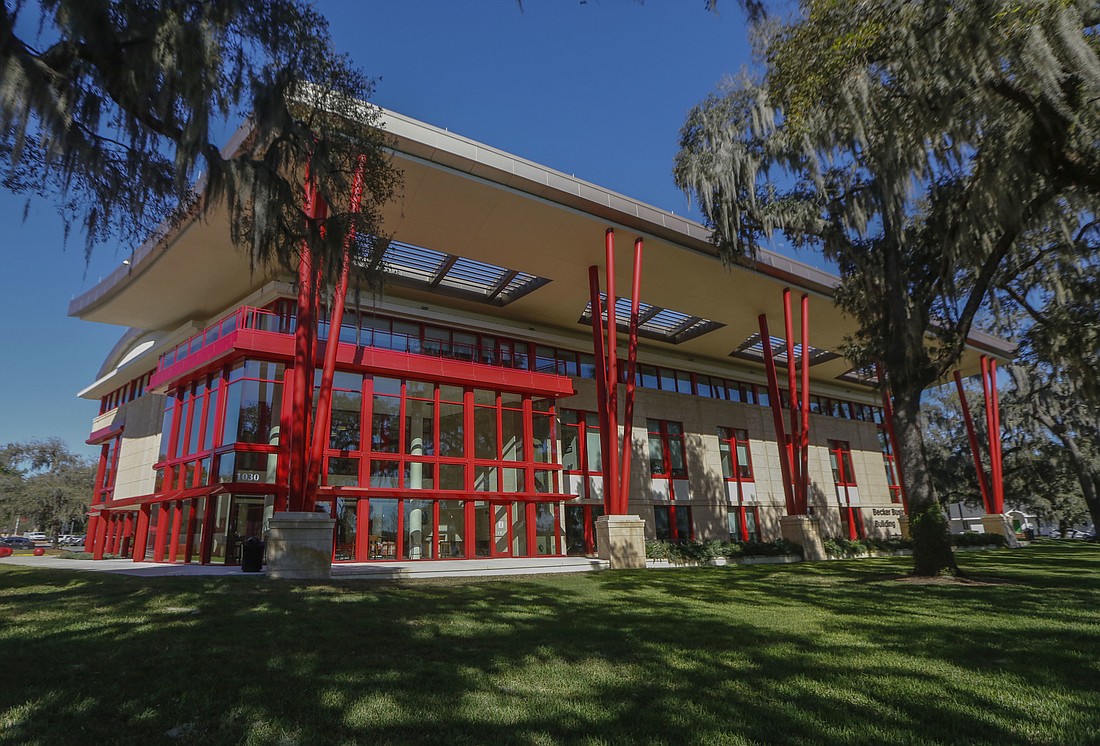- December 15, 2025
-
-
Loading

Loading

More data and more technologies to interpret data is spurring a boom in business analyst jobs, says Florida Southern College Barney Barnett School of Business & Free Enterprise Dean Michael Weber.
“It’s hard to quantify the number of job titles that had the word ‘analyst’ in them,” he says during a recent scan of job postings, noting projections “indicate over the next five years, there will be five times the number of analyst positions” than the number of analysts who currently exist.